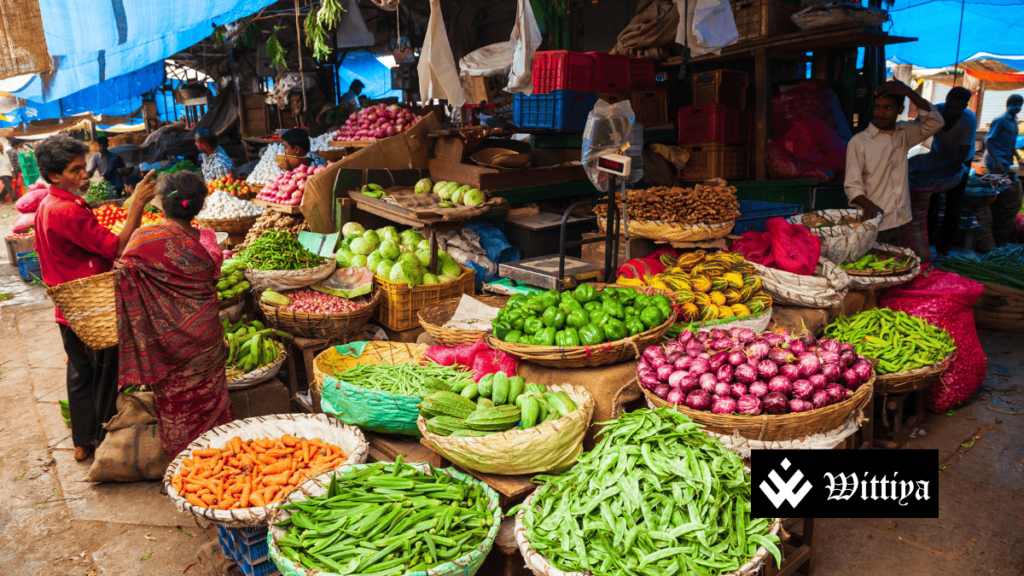India’s wholesale inflation reached an eight-month high of 2.38% in February 2025, up from 2.31% in January. Meanwhile, retail inflation dropped to a seven-month low of 3.61% due to declining food prices. The increase in wholesale inflation was driven by higher manufacturing and fuel prices.
India’s wholesale inflation surged to an eight-month high of 2.38% in February 2025, rising from 2.31% in January, according to data released by the Indian Ministry of Commerce and Industry. The increase was largely attributed to higher prices in the manufacturing and fuel sectors.
In contrast, retail inflation eased to a seven-month low of 3.61% in February, driven by a sharp decline in food prices. Food inflation stood at 3.75%, down from 5.97% in January, indicating relief for consumers despite the wholesale price rise.
Sector-Wise Breakdown
The rise in wholesale inflation was primarily due to price increases in manufactured products, which hold the largest weight in the Wholesale Price Index (WPI). Fuel and power inflation also saw an upward trend, reflecting changes in global crude oil prices.
Retail inflation, measured by the Consumer Price Index (CPI), showed a decline primarily due to falling prices in essential food items. The easing of food inflation has provided some respite to households, even as wholesale inflation remains elevated.
Economic Implications
Higher wholesale inflation may impact overall economic stability and influence monetary policy decisions by the Reserve Bank of India (RBI). However, with retail inflation easing, experts believe the RBI may adopt a wait-and-watch approach before making any changes to interest rates.
India’s inflation trends have been closely monitored by policymakers as they balance growth with price stability. The next set of inflation data will be crucial in determining the direction of economic policies.
Government’s Response
The government has acknowledged the rise in wholesale inflation and is expected to focus on measures to stabilize prices in the coming months. Policy interventions in supply chain management and energy pricing may play a role in moderating inflationary pressures.
With global economic uncertainty and domestic challenges, India’s inflation trajectory remains a key factor influencing financial markets and economic growth in the coming months.



